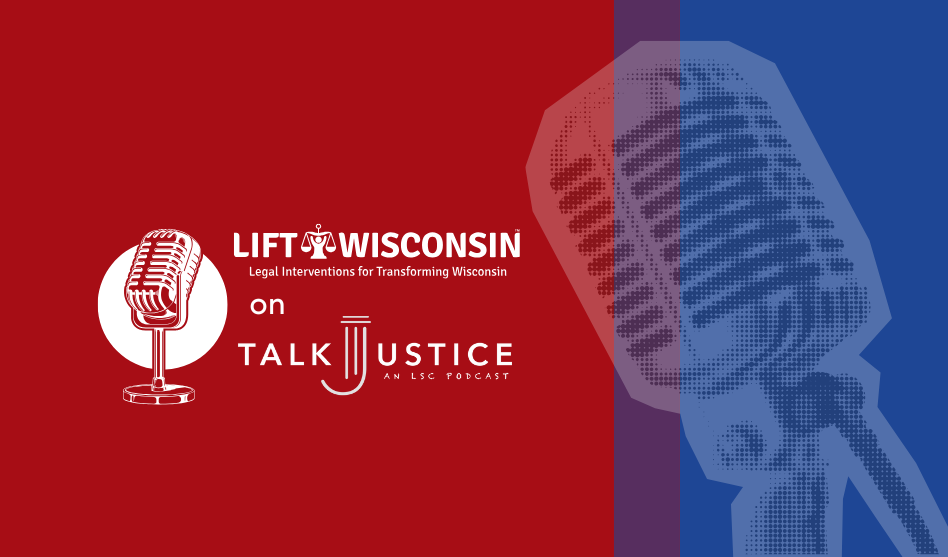National Podcast Spotlights Impact of Services
Most of us agree that justice shouldn’t depend on what’s in your wallet, which is why civil legal aid has enjoyed bipartisan support at both the state and federal levels for decades. However, we are at a critical juncture where the funding for these crucial services is at risk.
The Legal Services Corporation (LSC), the nation’s largest funder of civil legal aid for low-income individuals, was created in 1974 with broad bipartisan support in Congress and signed into law by President Nixon (its predecessor, the “Legal Services Program,” began in 1964 under President Johnson). Every year for 42 years, Congress has funded LSC – and recently, increased funding – so that low-income constituents might realize our country’s solemn pledge of “justice for all.” But that funding – which amounts to less than one-hundredth of one percent of the federal budget – is at risk of dramatic cuts.
LSC is the backbone of the legal aid system, which makes real the constitutional promise for every American to have equal and impartial justice. In civil court, you have no legal right to an attorney if you cannot afford one – which leaves the over 500,000 Wisconsinites facing a civil legal matter in limbo.
That’s where we come in. By aggregating data from four different state-operated agencies, our free, DIY web-based Legal Tune Up Tool helps fill the justice gap and breaks down the economic barriers that arise from civil legal issues.
It’s this innovative technology that prompted an invite to appear on LSC’s national podcast, “Talk Justice,” to discuss how we dismantle the legal barriers preventing Wisconsinites from achieving economic stability, why legal systems need to be more people-centric, and why civil legal aid funding leads to a better country to everyone.
States are an important partner in funding legal aid – and thus breaking the cycle of poverty. Wisconsin is behind neighboring states in funding for civil legal needs – we are badly in need of sustainable, long-term budget allocations. Gov. Evers released his budget last month, and public hearings (held by the Joint Finance Committee) regarding that budget will start in April.
Civil legal aid is a great investment. The Wisconsin Bar Association notes that “investing in civil legal aid avoids higher costs later…for every $1 invested, Wisconsin’s civil legal aid providers obtain $10 for their low-income clients.”
With an increasingly uncertain federal funding landscape for civil legal aid, now is the time for Wisconsinites to send a message, loud and clear, to their representatives in Madison: the Wisconsin we want is one where everyone – and everyone means everyone, no exceptions – gets justice, no matter where they live or how much is in their bank account.

